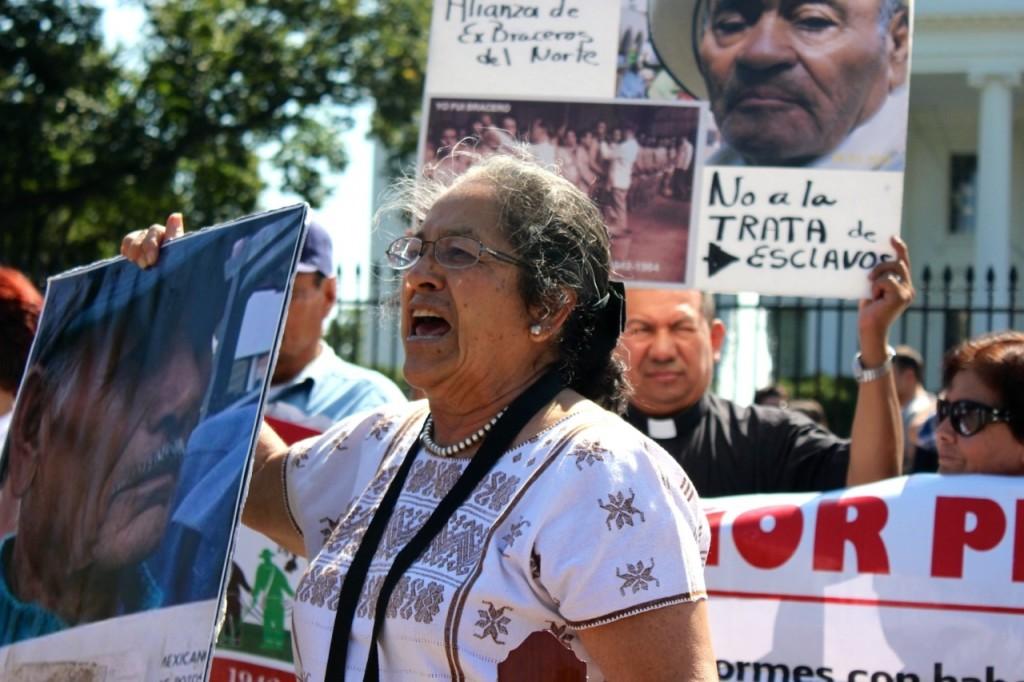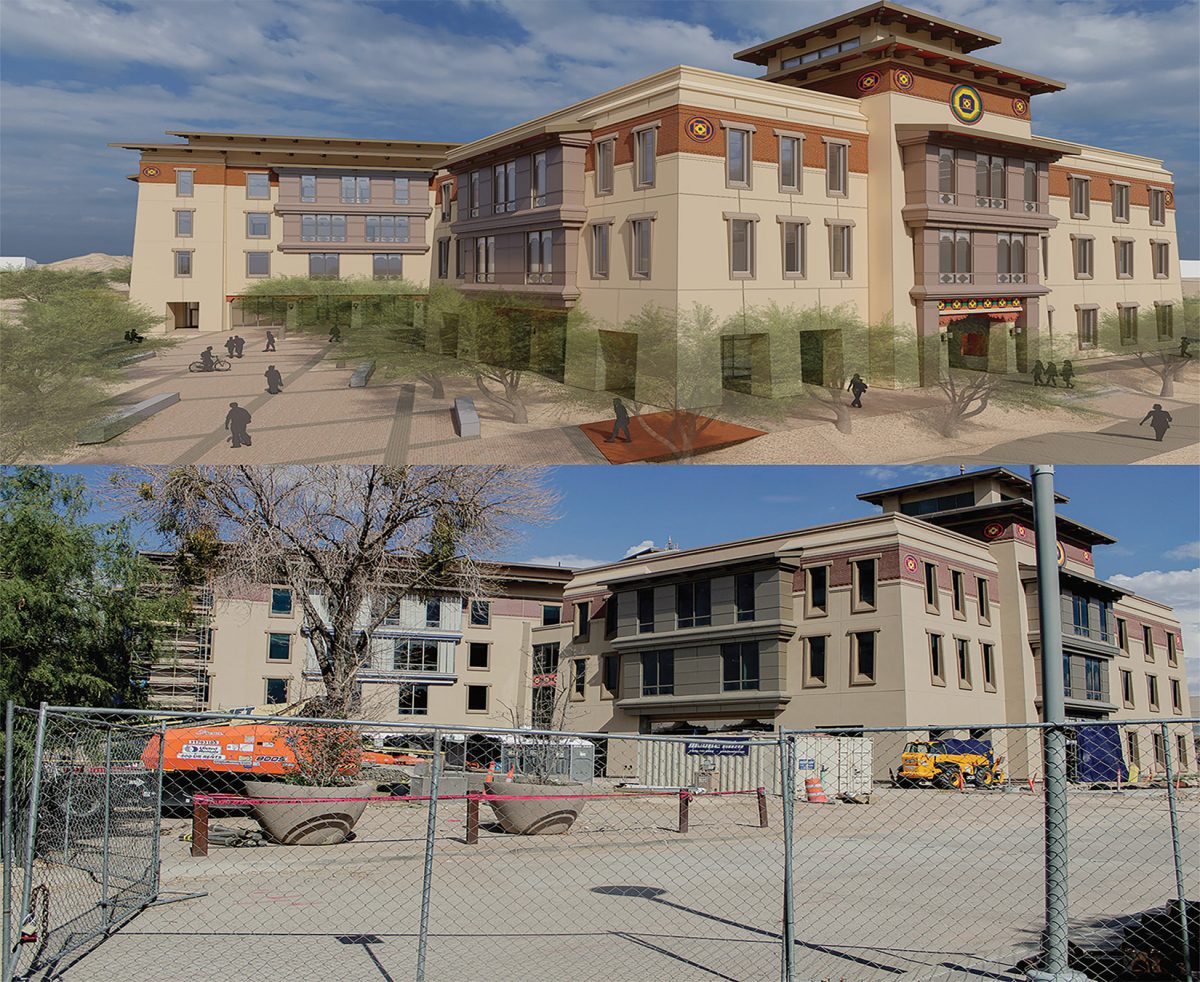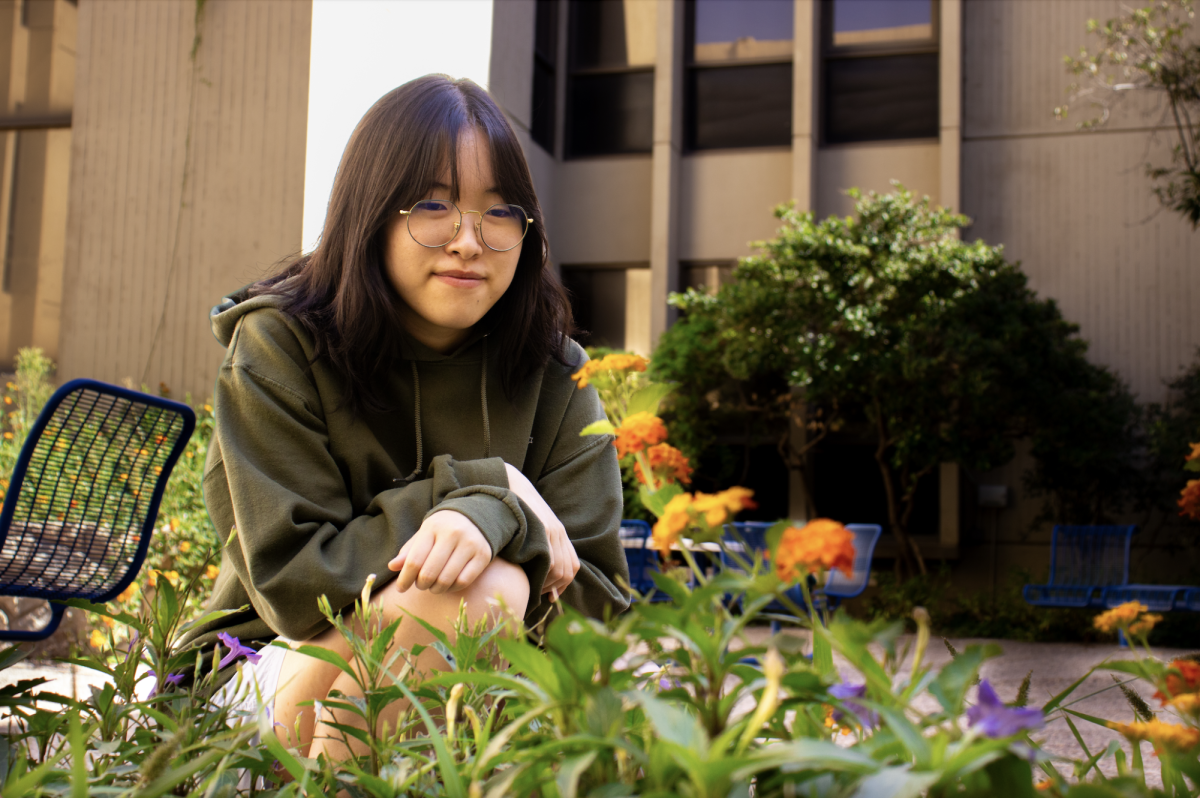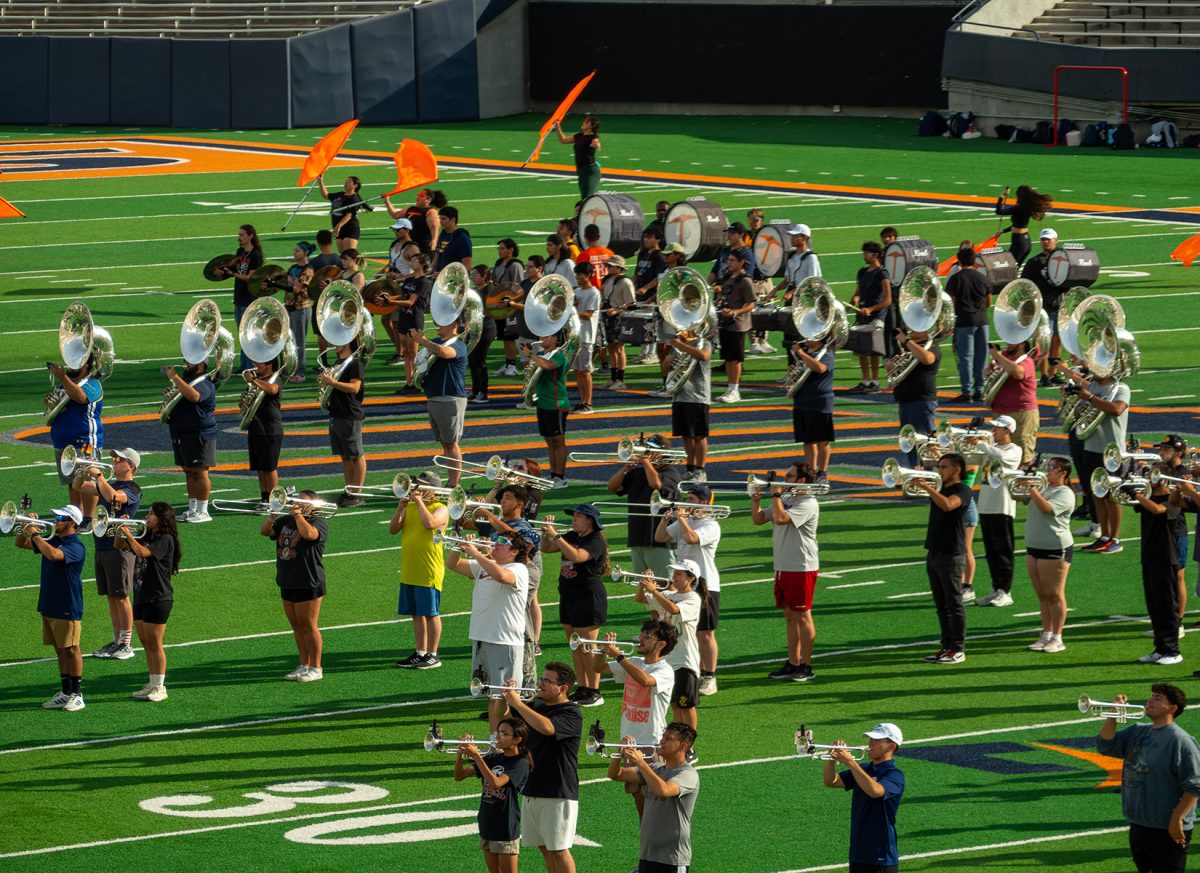WASHINGTON – A group of elderly migrant laborers ended a cross-country protest Thursday outside the White House, hoping the U.S. would prod Mexico to pay money owed to them for work they did decades ago.
“We want Washington and the whole world to know that the Mexican government stole our money,” the group of 20 “ex braceros,” or migrant laborers, and activists sang. They ended their 22-day cross-country trip, demanding the U.S. government open the Bracero Program files and aid them in obtaining the 10 percent of their wages in savings accounts they claim the Mexican government never paid them.
The U.S. established the Bracero Program in 1942 to give visas to guest laborers who replaced domestic workers who were fighting in World War II. It employed several thousand Mexican agricultural and railroad workers until the program ended in 1967.
The U.S. and Mexican governments made an arrangement to establish a savings account with 10 percent of the farmworkers’ earnings, Rosa Martha Zárate Macías, the group’s organizer, said. However, after the U.S gave Mexico the money to distribute to the workers, the Mexican government withheld it.
“The U.S. sent the money, and then they washed their hands, but we want to know how much and to how many people this money was given to,” Zárate Macías, 71, of Colton, Calif., said. “That’s why we’re here.”
They’ve been fighting for this for 15 years, Marta Ofelia Lugo Quintero said. The 54-year-old woman represents 300 braceros from her home state of Baja California, Mexico.
“The origin of this fight, which will continue at all costs, is the 10 percent in saving accounts withheld under the Bracero Program,” Lugo Quintero, a bracero’s daughter, said.
Two groups of former migrant laborers departed from Mexico City and Los Angeles Aug. 29, met in Laredo, Texas, and stopped in San Antonio; Dallas; Kansas City, Mo.; Chicago; Detroit, and New York.
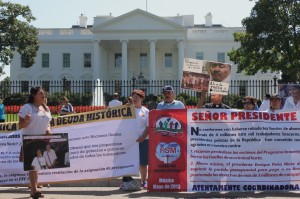
Zárate Macías said they know the power to pay them resides with Mexican authorities, but tired of the lack of response they decided to look for answers elsewhere.
In D.C., they met with Reps. Gloria Negrete McLeod andRaul Ruiz, both California Democrats, and delivered a letter to the Mexican embassy that calls for the restitution of 1,523,306 billion Mexican pesos to the former laborers. That money was not included in the Mexican budget for 2014, the letter says.
The Mexican embassy did not respond to several requests for comment.
The group of former guest laborers claims that there are more than 40,000 ex-braceros who never received their savings, and another 50,000 to 60,000 laborers without documents who have not been able to register for the program “Social Aid for Mexican Former Migrant Workers.”
After the meeting, Negrete McLeod’s legislative director, Teresa Acuña, said the the congresswoman will consider bringing the issue up to the Congressional Hispanic Caucus.
At two demonstrations in Washington, one in front of the embassy and one at the White House three blocks away, some of the workers arrived in wheelchairs and one walked without his crutches to show solidarity with the others.
Aureliano Ramirez Caldera, 76, of Huejuquillo El Alto, Mexico, was a farmworker in California in 1957. He said that, although he’s a little worn out from the trip, he’ll continue to fight.
“It takes time and it takes money, but it’s good to give it a try,” Ramirez Caldera, who used to pick lettuce and beets, said. “We have no regrets.”
Maria Serrano, 83, who lives in Coachella, Calif., lost her husband three years ago. He was a Nevada farmworker in 1943. She said she just wants what belongs to her family.
“I’m here despite my age. I’m just asking for what rightfully belongs to me as a bracero’s wife,” she said. “And If I were to fall in the fight, my children are ready to continue it.”
The group was set to return to Mexico and California after delivering a letter to the Inter-American Commission on Human Rights, Lugo Quintero said. “We’re leaving, but we’ll be back,” she added.
Andrés Rodríguez is a UTEP senior double major in Spanish and English and American literature. He is currently participating in the Scripps Howard Foundation Semester in Washington program. He may be reached at [email protected].

